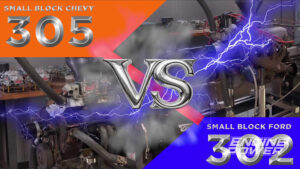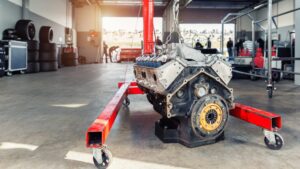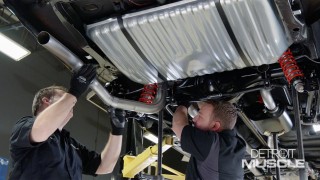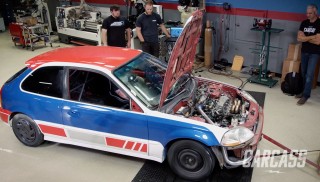Gasoline Vs Diesel – The 4 Major Differences
Gasoline and diesel engines are a bit different from each other in a few different ways. Both engines convert chemical energy from fuel into mechanical energy through a series of explosions. How these explosions occur is one of the main differences between the two engines.
In a gasoline engine the explosion process is as follows: 1. Intake stroke – When fuel is mixed with air. 2. Compression stroke – The piston goes up and a mixture of fuel and air is then compressed. 3. Ignition stroke – fuel and air is ignited from the use of a spark plug. 4. Exhaust stroke – The piston goes up, which then pushes exhaust through the exhaust valve.
In a diesel engine the explosion process is as follows:
1. Intake stroke – The intake valve opens, air goes in and then the piston goes down. 2. Compression stroke – The piston goes up and air is compressed. 3. Combustion stroke – The fuel is injected, then the ignition occurs, and the piston now goes down 4. Exhaust – The piston goes up and then pushes exhaust through the exhaust valve.
This is just one of the few differences between gasoline and diesel engines. Both have their advantages, which is why both are still in use today. Which do you prefer?
Want to read more articles like this?
Join the PowerNation Email NewsletterRead More from PowerNation
Video Player is loading.
Current Time 0:00
/
Duration 0:02
Loaded: 0.00%
0:00
Stream Type LIVE
Remaining Time -0:02
1x
- Chapters
- descriptions off, selected
- captions off, selected
- default, selected
This is a modal window.









